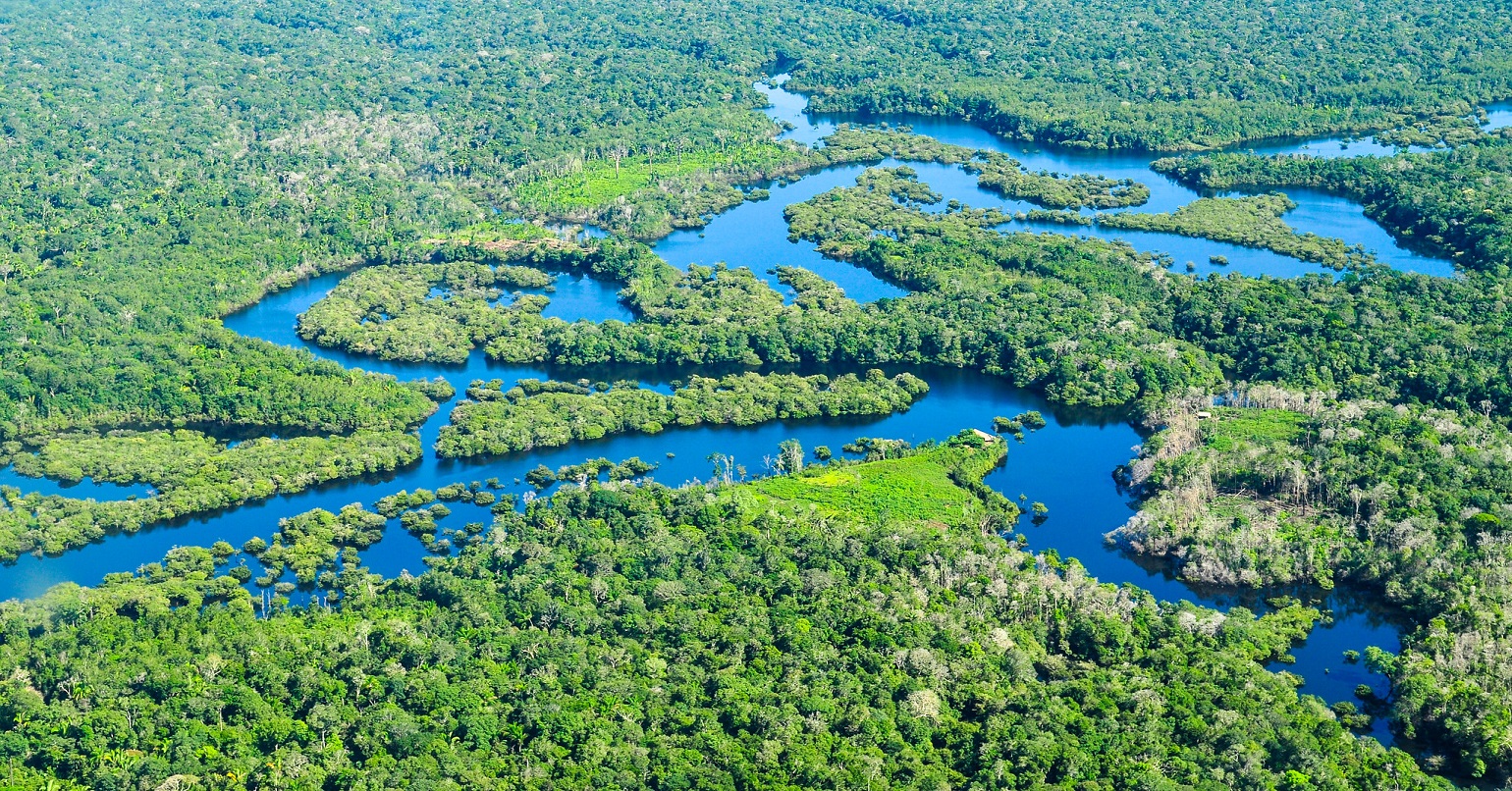COP15 is a once in a lifetime opportunity to turn the tide on biodiversity loss

Next week, COP15 will be held in Montreal. Unlike the climate COP held in Egypt last month this conference is tasked with stopping biodiversity decline. Urgent and immediate action will be needed to halt the deterioration of the planet’s health.
In face of such overwhelming need, the bureaucratic mechanics governments will utilise to meet such a task seem jarring and anodyne. But scratch the surface and beneath discussions on metrics, frameworks, goals and bracketed text, the fate of the planet’s future is at stake.
Negotiators need to agree, once and for all, that they will protect nature, life on this planet and, importantly, firm up how this will be implemented at a national level.
Nature is under intense strain, and close to collapse in many parts of the world due to human activity. One million plant and animal species are now threatened with extinction. Therefore, global level co-operation to protect against the loss of ecosystems, that life on earth depends on, is crucial. The natural world regulates the air we breathe, the water we drink, and the environments we live in. The stakes could not be higher, so we need an urgent and concerted effort to produce a strong, ambitious agreement with teeth.
At Ashden we recognise this urgency and need, which is why we support on the ground innovations that actively work with the natural world to protect it and the livelihoods of its custodians. We know that rural, local and Indigenous communities are leading the way with ideas and solutions for nature-based sustainable development.
As part of the Ashden Awards, in the category for Natural Climate Solutions, we look for replicable initiatives reducing poverty through the conservation and sustainable use of natural resources, supporting Indigenous peoples and local communities to be effective stewards of forests and protect biodiversity, like winners Alam Sehat Lestari (ASRI) in Indonesia, or YICE, based in in Uganda.
This year, the award was won by ASRI, an NGO that has been working with indigenous communities in Indonesian Borneo to reverse illegal logging and deforestation for more than 15 years.
Examples of its work include a scheme allowing people to trade in their chainsaws in return for investment in new, more sustainable, businesses. ASRI first used this approach in the Gunung Palung National Park – where after ten years they have seen a reduction in illegal logging of 90%. Through a healthcare programme there has been a 67% reduction in infant mortality levels. Families can pay for treatment with goods such as seedlings and manure which are then used to reforest degraded land in the community.
ASRI has also contributed to the replanting of 284 hectares of land. Supporting Indigenous people ensures they can continue to act as stewards of the rainforests they call home, protect this important source of biodiversity which offers a defence against climate change and earn a living.
YICE Uganda is a previous Ashden Award winner making great strides to work in harmony with nature. It is a grassroots social enterprise which trains subsistence farmers and rural communities in permaculture farming, in the country’s Kassanda District.
The organisation focuses its support on marginalised groups, such as women, young people and refugees who may otherwise lack the knowledge and skills to farm successfully and supports them to move towards food security and earning an income.
People are trained in small community groups to use organic and permaculture methods for growing vegetables, thus avoiding the need for high-cost agricultural inputs and encouraging the adoption of low-cost sustainable techniques for improving soil fertility. More than 1,400 households report having at least two meals a day as a result of YICE Uganda’s support. As well as feeding their families, many farmers trade surplus crops to earn extra income.
But for these nature-first innovations and enterprises to flourish, we need to see a flow of funding from the global north to the global south and locally led action by Indigenous people and local communities must be core to implementation. Negotiators must set achievable targets, such as 30×30 – to protect 30% of land and sea by 2030, and these must be agreed and, importantly, monitored. We need to see international regulation and legalisation agreed to, whereby countries are incentivised for investing in nature, food security and livelihoods, and penalised if not. More must also be done to protect the rights of Indigenous people and channel finance directly to Indigenous-led initiatives. COP15 is a once in a lifetime opportunity to turn the tide on biodiversity loss – we won’t get this chance again.
Fiona Duggan is policy lead at climate solutions charity Ashden
PS. We hope you enjoyed this article. Bright Green has got big plans for the future to publish many more articles like this. You can help make that happen. Please donate to Bright Green now donate to Bright Green now.
Image credit: Neil Palmer/CIAT – Creative Commons




Well said, Fiona.
Apart from soaring temperatures of Climate Change, should Biodiversity struggle, we all struggle – the flora and fauna, the miracle of photosynthesis would fail, bringing food shortage and ultimately, famine.